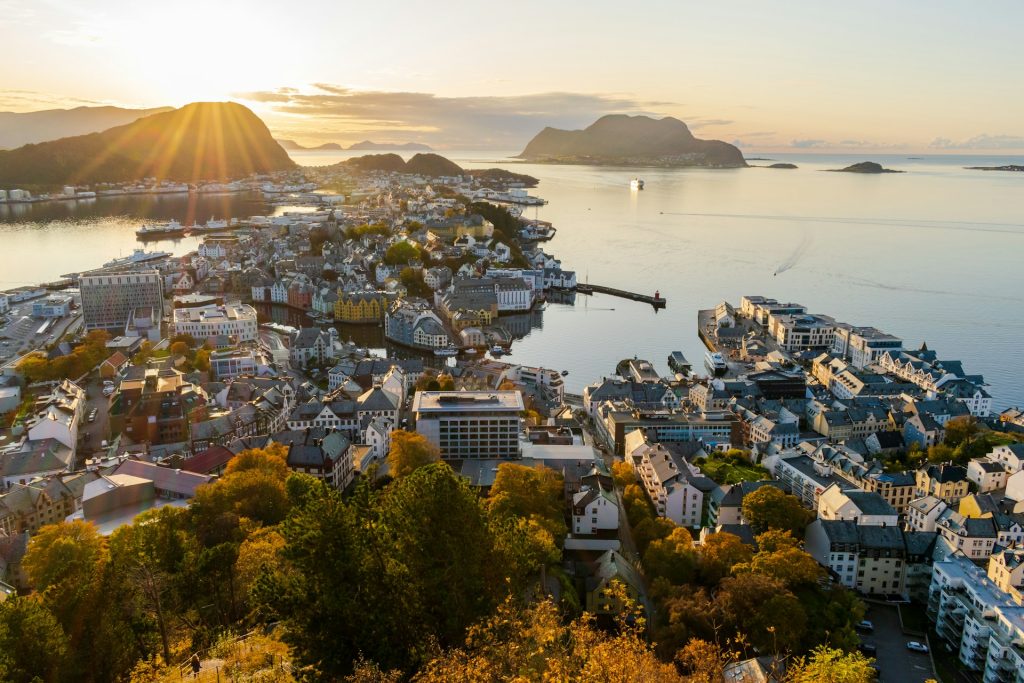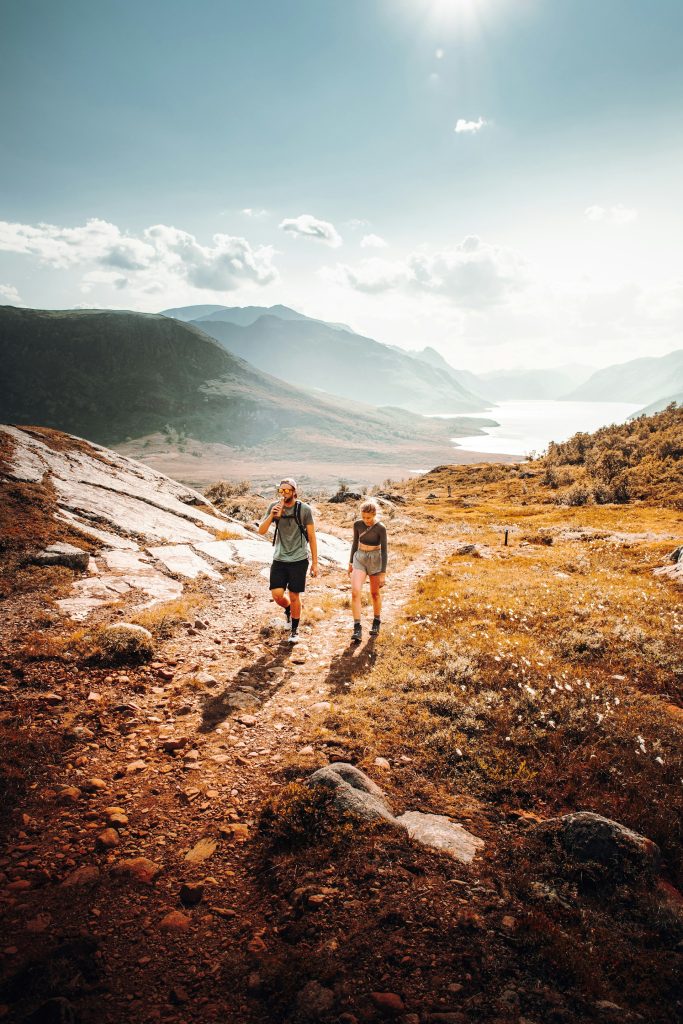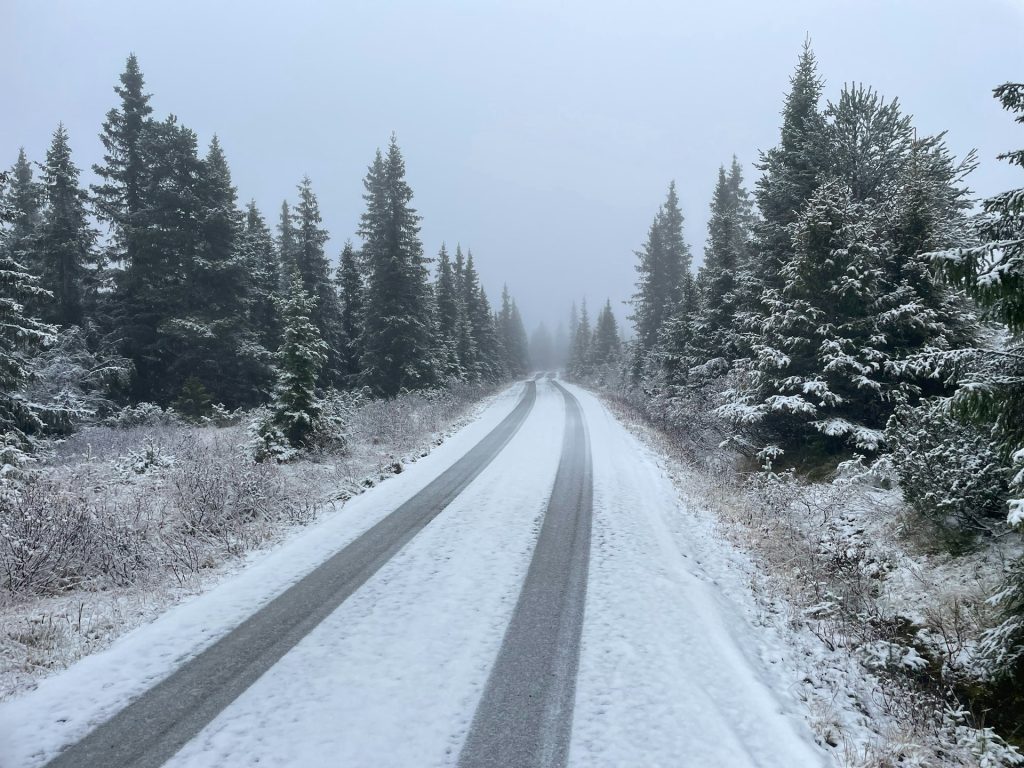Norway has a reputation for high living standards, stunning nature, and a calm pace that lets life breathe. As someone born and raised here, I’ve seen how daily life is shaped by small details many visitors miss. The quality of life in Norway is not only about high wages or fjord views. It is the mix of trust, safety, outdoor culture, and a strong social safety net that quietly supports people through all seasons of life.
If you want the short answer: the quality of life in Norway is excellent by most measures, with reliable public services, low crime, good work-life balance, and easy access to nature. The tradeoffs include a high cost of living, long winters, and a culture that can feel reserved until you get to know people.
Let’s take a deeper dive into what contributes to quality of life in Norway, what can surprise newcomers, and how to make the most of it whether you are relocating, staying long term, or just curious.

Work-Life Balance And The Rhythm Of Daily Life
Norwegian work culture values balance. Full-time jobs typically mean around 37.5 hours a week, and many offices aim for a predictable schedule. Answering emails late at night is rarely expected. Overtime happens, but it is generally compensated, and managers often encourage people to take time off properly.
Vacation time is generous, and people actually use it. July is famously quiet. If you plan to work in Norway, expect quieter evenings, free weekends, and a social calendar that revolves around seasons. Long summer days invite grilling in the park, cabin trips, or kayaking after work. In winter, it switches to skis, sauna, and slow evenings at home. This seasonal rhythm is not a gimmick. It is a way people protect energy and mental health.
The Social Safety Net And What It Means Day To Day
Norway’s welfare system is more than a set of policies. It is a shared expectation that people should not fall through the cracks. Health care is largely publicly funded with modest out-of-pocket costs. Parental leave is among the most generous in the world, and subsidized childcare makes it possible for both parents to work. Education through university is free for residents and citizens. Unemployment benefits and sick leave exist to prevent a slide into crisis while people recover or retrain.
For everyday life, that means less fear about a broken wrist, a sick child, or a layoff. You can make long-term decisions without constant anxiety about worst-case scenarios. The tradeoff is simple and explicit: high taxes. Most of us accept that because the services are visible and widely used. If you move here, understanding that social contract helps you feel at home.
Nature On Your Doorstep And The Culture Of Friluftsliv
The biggest quality of life boost in Norway is free and open to everyone: nature. Norwegians value friluftsliv, the simple enjoyment of being outdoors. It can mean a short forest walk after dinner, a Sunday hike to a viewpoint, a swim at a city beach, or skiing under lights on a weekday night. Thanks to the Right to Roam, you can explore much of the countryside respectfully, even on private land, as long as you follow the rules.
Cities like Oslo, Bergen, Trondheim, and Stavanger tuck forests and trails right up against neighborhoods. That access changes stress levels. It gives kids independent play and adults a quick mental reset. If you move here, buy good rain gear first, not fancy fashion. A reliable jacket and warm layers are the real keys to enjoying Norway year round.

Safety, Trust, And The Little Things That Add Up
Norway scores high on safety, and it shows in the small freedoms people enjoy. Kids walk to school, bikes stay unlocked longer than they arguably should, and public spaces are tended with care. There is a deep reservoir of trust in institutions and among neighbors, though it is not blind. People expect government and businesses to be transparent, and they complain when they are not.
Social trust lowers daily friction. Public transport runs predictably. Digital systems for taxes, banking, and ID are smooth and secure. When life admin is simple, you gain back hours for things you actually care about.
The Cost Of Living And How People Manage It
Let’s be honest. Norway is expensive, especially in the cities. Groceries, restaurants, and housing can shock newcomers. Salaries are higher, and the public services remove many big private expenses, but the sticker price on everyday items still stings at first.
Locals manage costs with a few habits. We cook at home more than we eat out. We plan trips to budget supermarkets, shop seasonal produce, and use the outdoors for free leisure. Public libraries are excellent. Public transport is efficient enough that many families get by with one car or none. If you adapt your lifestyle to Norway rather than trying to import your old one, your budget will feel better and your days will feel simpler.
Climate, Light, And Learning To Thrive In Winter
Quality of life in Norway shifts wildly with the light. Summers are generous. Even in the south you get long, bright evenings that stretch time in a blissful way. Winters are dark, icy, and quiet. It is not something to power through. It is something to prepare for.
Most of us have tricks. We plan small joys through winter: a ski loop after work, a candlelit dinner on a Tuesday, a sauna session with a friend, a new soup recipe. We use bright lamps at home, take vitamin D, and prioritize sleep. Owning spikes for your shoes is not negotiable in icy months, and neither is a warm hat. Once you stop fighting winter and accept it as a season with its own hobbies, life steadies.

Language, Integration, And Finding Your People
Norwegians speak excellent English, which makes life easier on arrival. Over time, though, learning Norwegian is essential if you want deeper relationships, better job options, and a sense of belonging. Even basic Norwegian opens doors to small conversations that matter: with teachers, neighbors, coaches, and coworkers. It also helps you read the room, which is half the battle in a low-context culture.
Norwegians can seem reserved at first. It is a quiet style, not a lack of warmth. Friendships grow from shared activities: hiking groups, volunteer sports, choir, parent associations, or language classes. If you reach out kindly and consistently, people respond.
Cities, Towns, And Choosing Your Place
Quality of life in Norway looks different in Oslo than in a small coastal town. Oslo is vibrant, multicultural, and full of career options. Bergen mixes maritime charm with long rain spells. Trondheim feels like a smart campus city with quick access to mountains. Stavanger has a strong international community linked to energy and ocean industries. Smaller towns offer tight-knit communities, shorter commutes, and cheaper housing, but fewer jobs and less nightlife.
Think about what you need to feel well. If you crave a quick commute and nature trails right from your doorstep, a smaller city might be perfect. If you want culture, restaurants, and varied work, a bigger city fits. The good news is that even in the largest cities, nature remains close.
Housing, Commutes, And Everyday Logistics
Housing is a major driver of day-to-day satisfaction. Rentals move quickly, and prices vary widely by neighborhood. Newer apartments are energy efficient, which lowers winter costs. Many buildings include shared laundry rooms and storage. If you plan to buy later, expect a transparent bidding process and regular maintenance fees for shared buildings.
Commuting tends to be light compared to many countries. Public transport is clean and reliable, and cycling infrastructure is improving every year. Car ownership is common outside city centers, with a growing share of electric vehicles. Winter commuting takes practice. Plan extra time early on and keep a small bag with gloves, hat, and a spare phone charger.
Family Life, School, And Growing Up In Norway
Families often describe Norway as a good place to raise children. Play is prioritized in early childhood education. Outdoor time happens in any weather. Schools emphasize collaboration and practical skills alongside academics. Childcare is subsidized, and there is strong support for parents of young children through paid leave and flexible work arrangements.
Teen life is safe and structured, with loads of sports clubs and arts programs. Most families spend weekends around activity schedules, cabin trips, or low-key gatherings at home. Alcohol is tightly regulated and expensive, which shapes social habits in a particular way. Parties exist, but they are balanced by a culture that values being up early for the next day’s plans.
Equality, Inclusion, And The Quiet Norms
Norway puts a high value on equality. You see it in small ways: first names used at work, little emphasis on flashy displays of wealth, and a preference for consensus over hierarchy. The flip side is that standing out loudly is less common. People appreciate competence, humility, and collaboration.
For newcomers, that can feel both freeing and confusing. Meetings run on time and everybody gets a say, but decisions can take a while. If you contribute thoughtfully and listen well, you will be respected, even if you are still learning the language. Inclusion is work in progress like anywhere else, and the best way to participate is to show up consistently where you live.
Healthcare, Wellness, And Taking Care Of Yourself
The public health system covers essential care and provides predictable costs. You choose a general practitioner and see specialists with referrals. Waiting times vary by region and urgency. Dental care for adults is mostly private, which is worth budgeting for. Pharmacies are helpful and well stocked, and mental health support is increasingly accessible through both public and private options.
Lifestyle matters a lot in Norway. People walk, cycle, ski, or hike as part of normal life. You do not need to be an athlete. The routine movement and fresh air make a noticeable difference in mood and sleep. If you move here, build a winter exercise habit early. It is the best preventive medicine in the country.
Money Habits, Saving, And Simple Luxuries
Norwegians are practical with money. Many prioritize saving, pension contributions, and experiences over luxury goods. Simple luxuries carry weight: a weekend at the cabin, fresh shrimp on a dock in June, a thermos of coffee at the summit of a local hill. If you align your spending with that rhythm, you feel rich in the ways that count, even as you respect the higher prices on the receipt.
Digital banking is seamless, with instant transfers and widely used mobile payment apps. Taxes are straightforward thanks to solid digital systems, and annual returns are pre-filled to a surprising degree. Life admin rarely becomes a second job, which frees mental space for everything else.
Practical Tips To Boost Your Quality Of Life In Norway
If you are planning a move or a longer stay, a few habits will help you settle in. Get proper outerwear first. Learn basic Norwegian from day one. Join a local club that gets you active or creative. Plan small social rituals, like a weekly coffee with a neighbor or a standing hike. Budget to cook at home most days, and learn a couple of hearty winter recipes.
Be patient with yourself. The cultural volume is set lower here. It can feel quiet until you tune your ear to it. Once you do, you will notice the real soundtrack of daily life in Norway is steady and humane. People get time back from their jobs, children spend hours outdoors, and weekends still belong to families and friends. That is the essence of quality of life in Norway. It is not loud, but it holds.